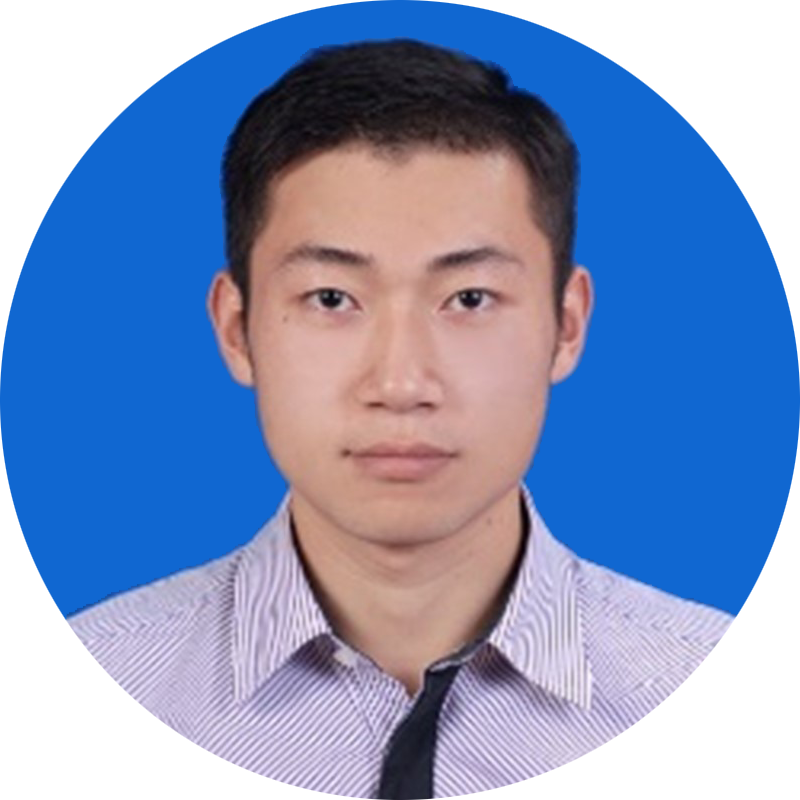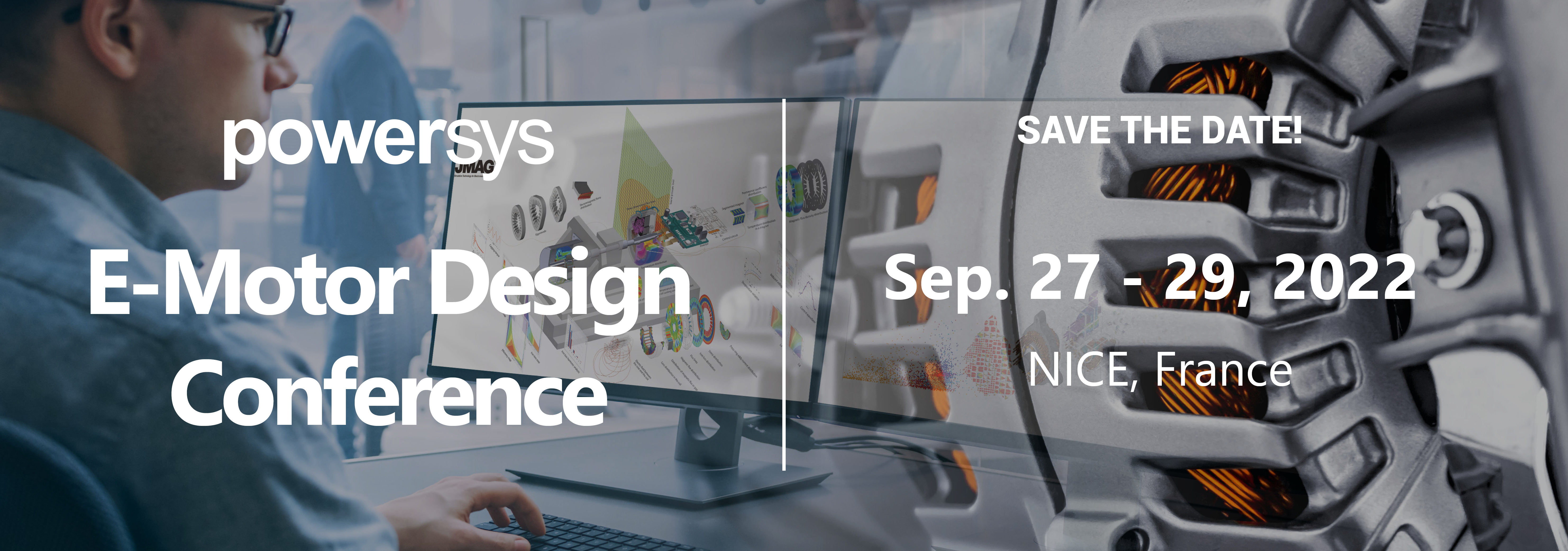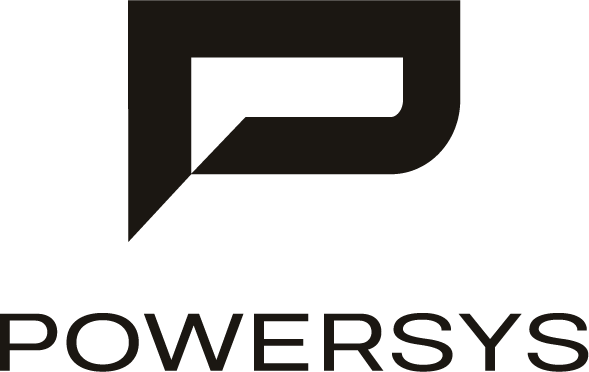ABOUT THE CONFERENCE
Many car makers have launched ambitious decarbonization programs to reach at least 55% net reduction in greenhouse gas emissions by 2030. One axis of these programs is to equip at least and sometimes more than 50% of their automotive fleet with electric motors. In this context, the acceleration of Electric vehicle (EV) and Electromagnetic (EM) designs has become an important leverage to reduce time-to-market and foster innovation. As expert in electrification since 2002, Powersys offers a complete solution to support this acceleration and help OEMs and Tiers 1 to: – Decrease the time to design new electric propulsion – Perform Multiphysics simulation with different tools and departments – Run thousands of complex simulations in parallel. With the objective to show the latest developments of JMAG in motor design simulation, to present real user cases studies and to practice on JMAG, Powersys will hold the 2022 E-motor Design Conference from September 27th to 29th in NICE (France). The event will be structured as follows: – 2022 E-motor Design UGM | Sep. 27 th at 9 am to Sep. 28 th at 12 pm (FREE) – E-motor Design workshop | Sep. 28th at 2.00 pm to Sep. 29th at 3.30 pm (FEES: from 1,400€) This event will bring together electrical & electromechanical power system experts, software users and developers as well as Powersys’ team.
Why attending

Network with fellow EV industry leaders and users of Powersys’ solution, share your experience and exchange with our partner developers.

Hear real-world experiences and get insights into Powersys’ solution supporting e-motor design advancements.

Learn about the latest and upcoming developments in e-motor design and express your software development needs.
AGENDA
-
September 27th
USER CONFERENCE -
- 9.30 am - 10.00 am: Welcome Note / User Conference Introduction
- 10.00 am - 10.45 am: Development planning of JMAG | Dr Takashi YAMADA, JSOL Corporation
JMAG is constantly being worked on to achieve highly accurate and high-speed simulation. JSOL would like to share our progress from the past year including parallel solvers to accelerate speed as well as GUI improvements aiming for increased productivity of analysis workflow. Analysis technologies we are currently focusing on and our plans for incorporation will also be covered in this presentation. Design exploration is an important topic this year. This presentation will detail the present and future of JMAG. - 10.45 am - 11.15 am: Coffee break
- 11.15 am - 11.45 am: Keynote: Design and Control of E-Motors for E-mobility Applications | Shafigh Nategh, Polestar
The presentation will focus on different aspects of E-motor design and control where JMAG tool-chain has a major contribution. - 11.45 am - 12.15 pm: Transient Failure Modes of IPM Motors in Electric Vehicle Applications | Bernd Cebulski, IAV GmbH
EV Motors driven by voltage source inverters can suffer from a variety of different failure mechanisms. Some of them will influence the functional safety behavior of the entire drive system. Others will compromise performance and efficiency or lead to excessive noise. Some failure modes are also accompanied by additional heat due to specific losses. The simulation of these failures incorporate specific inverter reactions as well as machine characteristics. The simulation with JMAG therefore needs to reflect the control system reaction and the transient magnetic operation of the stator-rotor parts. The paper will provide some approaches and examples of failure simulations coupling JMAG with the inverter control reaction. - 12.15 pm - 12.45 pm: High power/torque density in trapezoidal RFPMSM (radial flux permanent magnet synchronous machines) | Alexander Stepuk, EVR Motors
This paper presents a strategy to increase power and torque density in a novel proprietary trapezoidal topology of RFPMSM (radial flux permanent magnet synchronous machines) for In-wheel and automotive applications. Comparative express 2D and 3D simulations performed to select the best formed square slot soft magnetic composite (SMC) stator. Higher fill factor of concentrated winding allowed to increase power density of machines even for their air cooling configurations, Results of sImulations were validated on in-house test-bench and demonstrated good accuracy with experiments. - 12.45 pm - 2.15 pm: Lunch break
- 2.15 pm - 2.45 pm: Electrical machine loss simulation and model validation using JMAG and MATLAB Simulink | Zoltan Nadudvari, Rolls Royce
The electrification of aircraft is playing a significant role on the path to reduce the aviation industry’s environmental footprint. The industry poses specific challenges for the development engineers due to the strict requirements and design boundary conditions. Developing an electrical drive train which meets the high safety standards, the desired efficiency and power to weight ratio requires a multidisciplinary design approach to cover all of the requirements and design aspects. In an agile environment different engineering teams often use different platforms / ecosystems (e.g. Matlab, Simcenter, JMAG) to deliver the results in time and face the challenge of real-time simulation and test data exchange between the disciplines. The aerospace industry set the highest standards to the engineer regarding the design process and also for validation and verification the design results. In RRE-HU we were able to develop a process to simulate the power electronics effect on the electrical machine at the earliest phase of the design by connecting JMAG and MATLAB-Simulink. A prototype electrical machine was built and tested and the test results – focusing on the losses - were compared with the simulation results for model variation both in case of sinusoidal and PWM load. - 2.45 pm - 3.15 pm: Development of high performance traction motors with advanced hairpin windings Based on Jmag-Designer | Tianjie Zou, University of Nottingham
The rapidly increasing demand on power density levels of electric vehicle (EV) drive systems is pushing the boundaries of traction motor performance. Hairpin windings are becoming a popular option for EV motors due to their reduced DC losses and improved heat dissipation capability when compared to traditional random windings. The presentation will be about how JMAG is utilized for layout design and conductor size optimization of hairpin windings in a typical traction PM motor. - 3.15 pm - 3.45 pm: Coffee break
- 3.45 pm - 4.15 pm: High-Performance PMSM Optimization Techniques Using JMAG Designer | Joël Wenger, Drivetek AG
At Drivetek AG, we have a history of designing high power density drivetrain components for motorsport applications. The design process for these efficiency and power-density driven optimizations is very evolved and highly application specific. For electric machine optimization, JMAG Designer, and especially the scripting capability, plays a crucial role in our design process. Whilst single objective parametric studies are relatively easy to set up, the complexity increases exponentially when performing multi-objective coupled optimizations with dozens of parameters. Using JMAG Designer along with our complementary toolchain allows us to consider not only static design parameters such as torque, weight or inertia, but to analyse the impact of a parameter for a given set of load points and its interaction with our design target. This includes crucial analysis like field weakening parameters, PWM current ripple analysis or skin and proximity loss analysis. To adapt to design changes and to stay agile for our clients, another crucial metric of the optimization process is the time required to optimize a given design and the number of manual inputs which is necessary for the optimization. In this presentation, we’ll show our step-by-step optimization process and give you an insight of the power of the combination using analytical models in conjunction with a highly capable FEA software such as JMAG Designer. - 4.15 pm - 4.45 pm: Augmented inductance calculation method for characterizing reluctance machines in JMAG | Vilmos Paiss, Robert Bosch
If d-q model and FEM Coil Inductance methods are not feasible to determine the proper inductances of synchronous machines, then the differential inductance must be calculated directly. The differential self- and mutual inductances can be derived by stored energy methods. This presentation shows how the required inductances can be evaluated quickly and accurately by using a user defined post calculation script. - 4.45 pm - 5.15 pm: Coming soon | Ahmed Shoeb, Powersys
- 5.30 pm: Cocktail & One-to-one meetings
-
September 28th
USER CONFERENCE -
- 9.15 am - 9.45 am: Optimization of Hairpin Wound E-Motors for E-mobility | Andreas Carlsson, Polestar
The presentation will focus on concept development of hairpin wound E-motors for E-mobility and showing the importance of the Jmag optimization tools in early concept studies. - 9.45 am - 10.15 am: Concept of PCB Motor for Fan Applications with Ferrite Core | Shahin Asgari, TU Graz
Small (up to five watt) brushless permanent magnet motors require low complexity for high-volume manufacture and cost reduction. This present aims to reduce complexity, cost, and component count of such drives by proposing a new low-cost three-phase axial flux permanent magnet motor topology for fan applications based on a PCB instead of a conventional winding. Also, a high number of pole pairs and a ferrite core are used in the structure to increase efficiency and torque density. The motor’s design is explained in detail and, for proof of concept, investigations in the no-load and load conditions are performed using finite element analyses. In addition, important design considerations are discussed. The findings confirm the practicality of the proposed low-cost and straightforward motor topology. - 10.15 am - 10.45 am: FEA Based Efficiency Maps for PMSM traction machines accelerated by using JMAG-RT | Hiroyuki Sano, JSOL Corporation
The conventional method for creating efficiency maps based on Look Up Table is utilized widely, however it takes several simplifications which cause accuracy issues. To evaluate high efficiency designs, using FEA directly without those simplifications is needed. It shows that the accurate FEA based efficiency map is necessary for traction applications. Also the use of JMAG-RT is effective for the reduction of time to create them. - 10.45 am - 11.15 am: Coffee break
- 11.15 am - 11.45 am: Simplified power electronics for the control of a switched reluctance linear motor for hyperloop and container handling applications | Guillermo Regidor, Zeleros
The decarbonization needs of ports have produced a growing demand for electrical systems for cargo transport. Using the same technology that is being developed for Hyperloop, we propose the use of linear motors as an automated solution with zero direct emissions. In this conference we will discuss the validation in JMAG of the control and dynamics of a linear switched reluctance motor, including electromagnetic analysis of the whole machine, linear movement and power electronics simplification. - 11.45 am - 12.15 pm: Electric Powertrain NVH Analysis in Hybrid and Electric Vehicles | Mustafa Duyar, FEV
Hybrid and Electric Vehicles are growing their market share day by day. Given the automotive OEM's ambitious decarbonization requirements of 55% net reduction in GHG emissions by 2030 there will be no new car sold without any electrification and market share of Battery Electric Vehicles will continue to increase. Tomorrow's vehicles bring further challenges for automotive engineers to define and refine the sound, comfort, drivability, performance, cost and energy efficiency. To address these challenges NVH Engineering takes on a new focus for Electric Vehicles with the removal of broadband internal combustion engine (ICE) noise, significant differences are found in the noise spectrum when comparing an Electric Vehicle (EV) with an ICE vehicle. EV noise is characterized by tonal harmonic noise related to the number of poles on the high speed electric motor along with the noise coming from gearbox mounted to it. This paper show how simulation activities can help to improve the NVH behavior of electric powertrains. Multi-body dynamics simulation used to predict excitations of an electric powertrain including electromagnetic forces calculated by commercial software JMAG. Seamless integration of multi-body dynamics, electromagnetics, and acoustic radiation prediction along with creation of audible sound files were demonstrated for the NVH assessment of electric powertrains. - 12.15 pm - 12.45 pm: Sensitivity Study on Configuration of Large Scale Multi-Objective Optimization of a PMSM | Kazuki Semba, JSOL Corporation
This presentation shows the sensitivity of the feasible solution space to the configuration parameters in the design optimization of a permanent-magnet synchronous machine because the feasible solution space of large scale multi-objective optimization schemes is sensitive to the configuration. In this presentation, the development of a sufficient configuration to capture the feasible solution space properly, considering design parameter ranges, population size, and the fidelity of the FEA model is discussed. - 12.45 pm - 2.00 pm: Lunch
- 9.15 am - 9.45 am: Optimization of Hairpin Wound E-Motors for E-mobility | Andreas Carlsson, Polestar
WORKSHOP
from 1400€ to 2100€Aim: Understand analytical methods to define main properties of a PM sync. motor for later refinement and optimization with FEM tools
-
September 28th
SHORT COURSE IN PERMANENT MAGNET SYNCHRONOUS MACHINE DESIGN BY PR. ANDREAS BINDER
-
- 2.00 PM - 2.30 PM: Figures of merit and main dimensions | Pr. Andreas Binder
- Electromagnetic utilization
- Thermal utilization
- Mechanical rotor limits - 2.30 PM - 3.00 PM: Parameters and operation performance (part 1) | Pr. Andreas Binder
- Design of magnet dimensions
- OHM´s DC winding resistance
- AC influence on winding resistance - 3:00 PM - 3:15 PM: Break
- 3.15 PM - 3.45 PM: Parameters and operation performance (part 2) | Pr. Andreas Binder
- Inductances
- Equivalent circuit of PM synchronous machines
- Torque generation in PM machines - 3.45 PM - 4.15 PM: Parameters and operation performance (part 3) | Pr. Andreas Binder
- Demagnetization limit
- Operating limits - 4:15 PM - 4:30 PM: Break
- 4:30 PM - 5:00 PM: Q&A & Discussion
- 2.00 PM - 2.30 PM: Figures of merit and main dimensions | Pr. Andreas Binder
In the morning session, we will focus on specific and new features of the JMAG V21. The procedure, all settings, advantages and limitations will be deeply detailed. Each feature will be illustrated by a simple exercise based directly on the topic of the feature.
In the afternoon, we will covered two general topics on Script and Optimization and then we will organize a demo live session of the new features.-
September 29th
PRACTISE DAY: HANDS-ON TRAINING by JMAG experts
The attendees will handle JMAG and a temporary license will be provided. No computer will be provided. Demos and exercise will be given during this training session.
-
- 8.30 AM - 8.35 AM: Opening session | Yves Thiolière, Powersys
- 8.35 AM - 9.30 AM: JMAG solutions / discussions and demos | Yves Thiolière, Powersys
- Solution for efficiency map calculation
- Solution for thermal modeling
- Solution for optimization - 9.30 AM - 10.45 AM: Training on V21.1 features / demos and hands-on | Ahmed Shoeb, Powersys
- Templates & scenarios, layout of Analysis Parameter View
- Grain oriented material improvement
- Accuracy priority efficiency maps for induction motors - 10.45 AM - 11.00 AM: Break
- 11.00 AM - 12.30 PM: Training on V21.0 features / demos and hands-on | Ahmed Shoeb, Powersys
- Integration study
- From speed to accuracy priority maps
- Enhanced circuit editor
- Beam elements for coil shape
- JMAG Express - 12.30 PM - 1.30 PM: Lunch
- 1.30 PM - 2.00 PM: Demo of the new V21.2 features / demos | Didier Zefack & Yves Thiolière, Powersys
- Enhanced thermal analysis
- Parametric JCF export
- Optimization range finder - 2.00 PM - 3.25 PM: Script Training / demos and hands on | Didier Zefack, Powersys
JMAG Scripting & Automation for E-Machine Design project - 3.25 PM - 3.30 PM: Questions and wrap up | Yves Thiolière, Powersys
VENUE
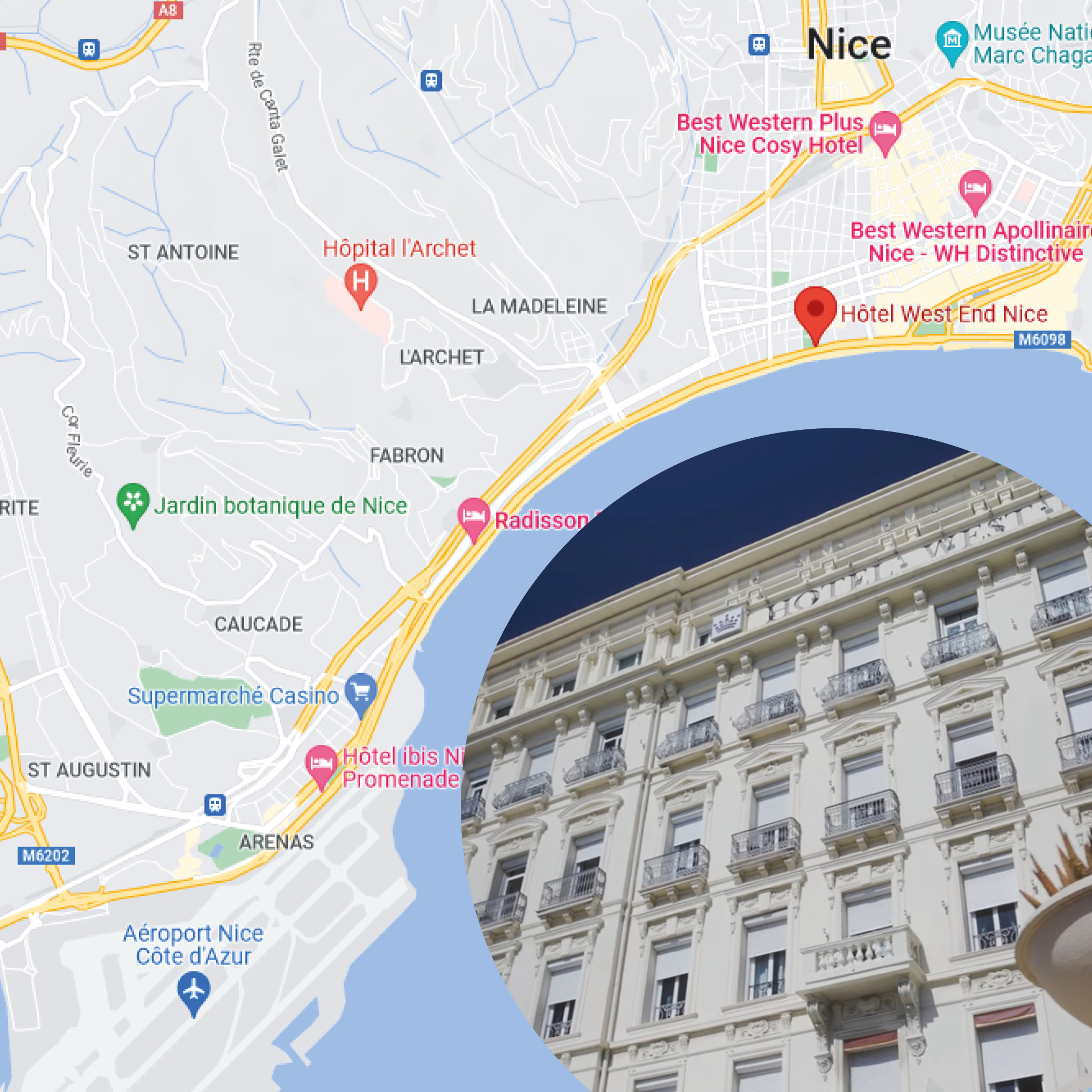
SPEAKERS
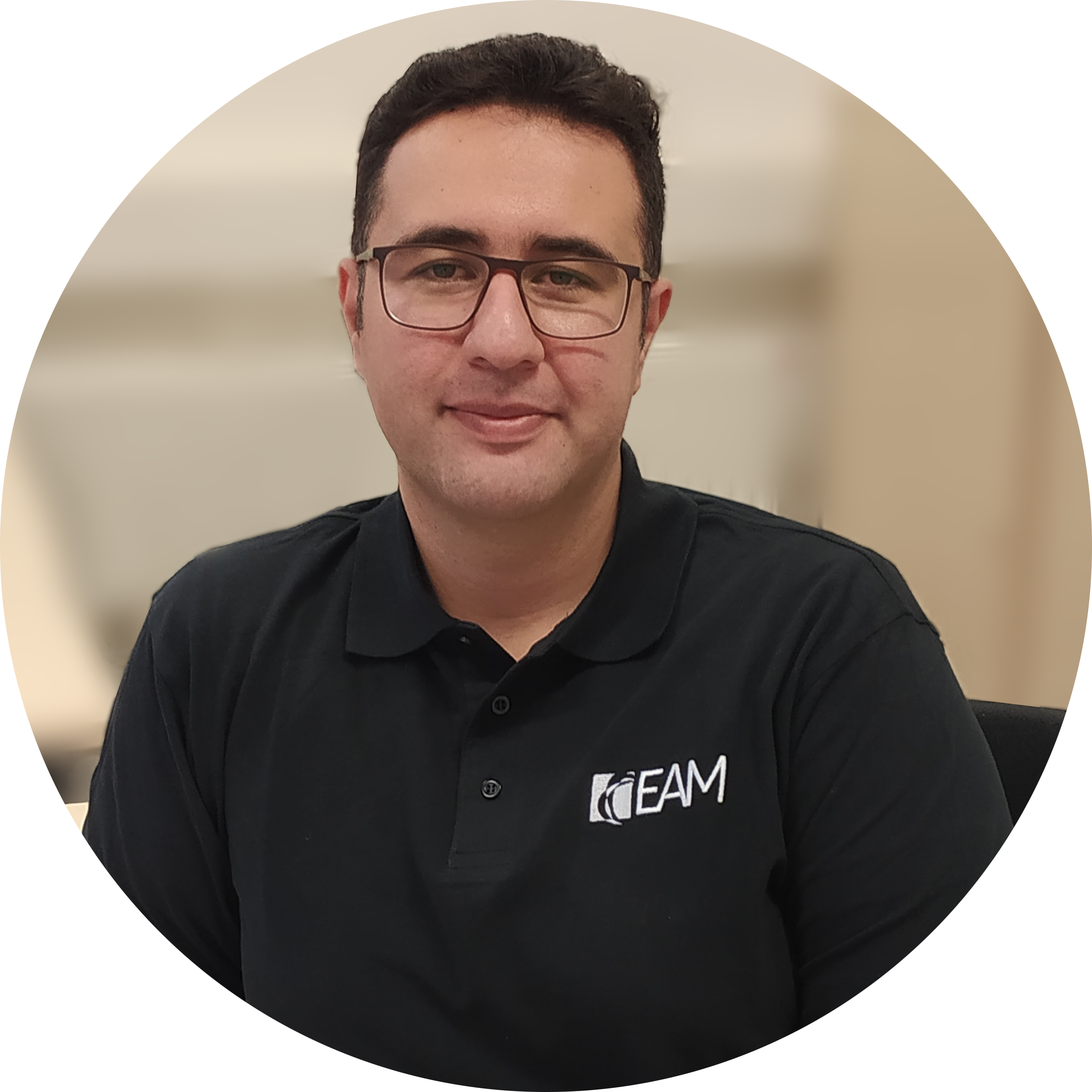
Shahin Asgari
Shahin Asgari was born in Iran in 1987.He received the M.S. degree from the Amirkabir University of Technology (AUT), Tehran, Iran, in 2015 in electrical engineering. He worked for two years as the head of the Electrical Machines and Transformers Test and Repair Engineering at the Bistoon Power Plant in Kermanshah, Iran, after spending four years as a researcher at the Electrical Machines and Transformers Research Laboratory (EMTRL) at Amirkabir University of Technology in Tehran, Iran. He is currently pursuing his Ph.D. degree in electrical engineering at the Electric Drives and Machines Institute at the Graz University of Technology, Graz, Austria. He is also with the Christian Doppler Laboratory for Brushless Drives for Pump and Fan Applications. His areas of interest in research include auxiliary drive and traction motor design, analysis, and optimization for automotive applications.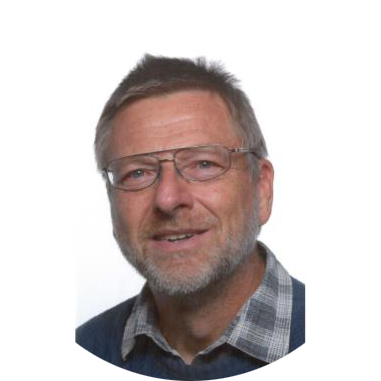
Andreas Binder
Andreas Binder, Senior Member IEEE, Member VDE, IET, VDI, EPE, received the degrees Dipl.-Ing. (diploma) and Dr. techn. (PhD) for Electrical Engineering from the University of Technology (TU Wien), Vienna/Austria, in 1981 and 1988, respectively. From 1981 to 1983 he worked at ELIN-Union AG, Vienna, on large synchronous generator design. From 1983 to 1989 he joined the Institute of Electrical Machines and Drives, Technical University, Vienna (TU Wien), as researcher. From 1989 to 1997 he rejoined industry, leading groups for developing DC and inverter-fed AC motors and drives, at Siemens AG, Bad Neustadt and later at Erlangen, Germany. Since 1994 he is lecturer (habilitation) at University of Technology, Vienna/Austria, and received in 1997 the ETG-Literature Award of the German Assoc. of Electrical Engineers, VDE. Since October 1997, he is Head of the Institute of Electrical Energy Conversion, Darmstadt University of Technology, as a full professor, being responsible for teaching and research for electrical machines, actuators, drives, electrical power engineering, e-mobility and railway systems, co-operating with a team of external lecturers from industry. He is the author or co-author of more than 400 scientific publications, contributor of two scientific books, wrote two books on electrical machinery and holds several patents. He received Dr. h.c. from University of Technology Bucharest in 2007 and is the recipient of the Medal of Honour of the ETG/VDE 2009 for outstanding contributions to VDE. Research topics are Hi-Speed-Motors, Permanent magnet-E-Machines, bearing currents, drive technologies for hybrid and electric cars, drive systems for electric railways, magnetic suspension and magnetic bearings, generator systems e.g. for renewable energies. He lectures since 16 years at the VDE technical college program and gives technical lectures at scientific conferences and at companies. He is member and led from to 1999 until 2006 the VDE/ETG Technical Group A1 “Elektrische Maschinen, Antriebe, Mechatronik”, was from 2004 until 2008 advisor (Fachkollegiat) for the Section „Electrical Engineering“ at DFG/Bonn (Deutsche Forschungsgemeinschaft), lectured at TU Wien from 1994 to 2015 and at TU Graz from 2001 until 2008, and led the DFG-financed research group „Parasitic HF effects in electrical machines and drives“ in the years 2006 to 2012. He is Technical Chair of SPEEDAM conference. His technical lecture ppt slides are free for down-load at the institute´s home page.
Andreas Carlsson
Andreas Carlsson (Associate Member IEEE) was born in Stenungsund, Bohuslän, Sweden in 1997. He received his BSc and MSc in electrical engineering at Chalmers University of Technology, Göteborg, Västra Götaland, Sweden, 2019 & 2021 where he also held a role as a project engineer and later manager in the Formula Student racing team. He specializes in electric machines design and computational electromagnetics and has since 2021 been working as a CAE engineer at Polestar.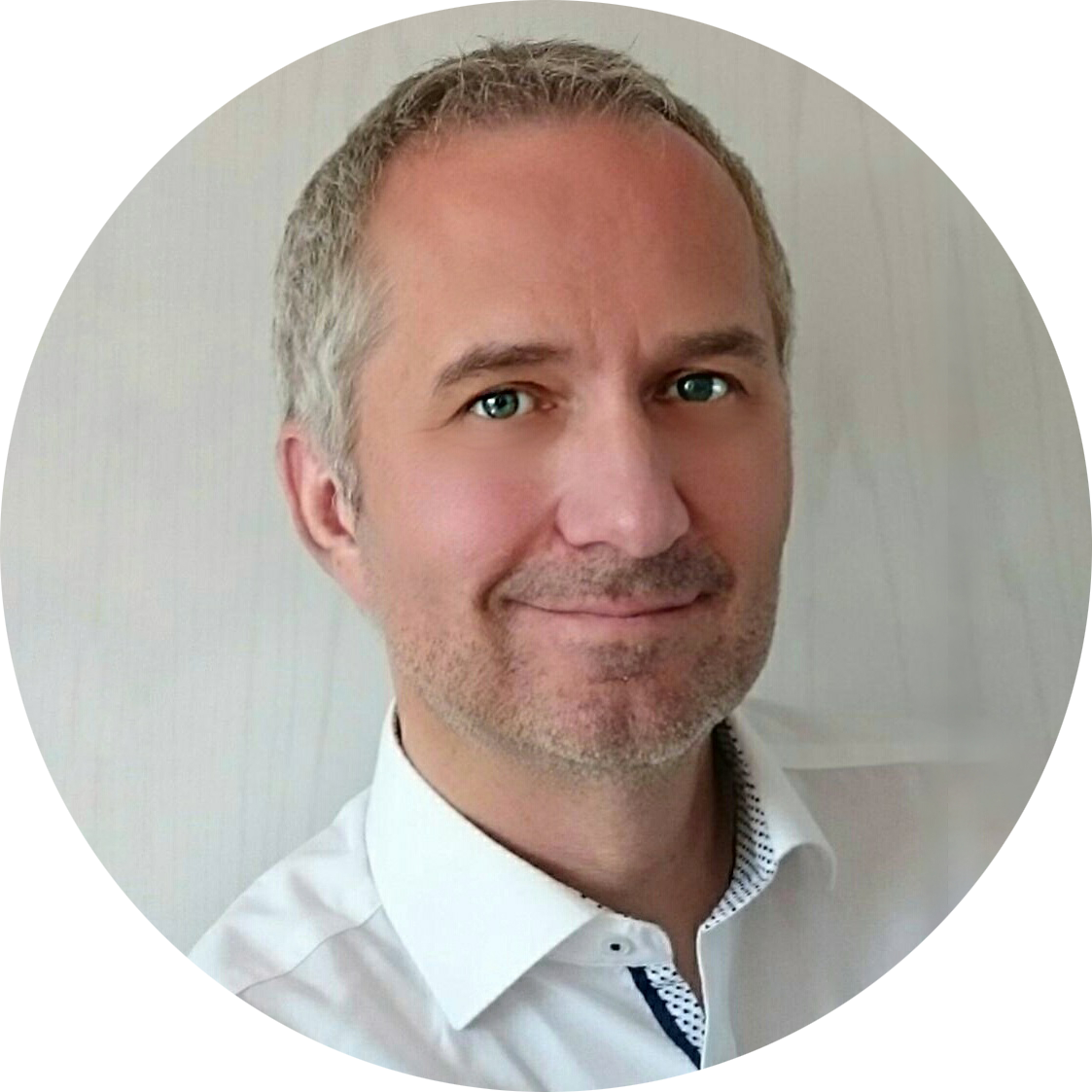
Bernd Cebulski
Bernd Cebulski studied at the University of Technology, Dresden, Germany. He got his MS degree in Electrical Engineering in 1993. From 1993 to 1996, he worked as a Research Assistant at the Technical University in Chemnitz. In 1996, he was a Visiting Scholar at WEMPEC, Madison Wisconsin USA. Since 2000, he has been working at IAV GmbH, Chemnitz as Manager for Electric Motor Design. His main technical topics are the design and control of electric drives and power electronics.
Mustafa Duyar
Mustafa Duyar is Manager, Agile Units at FEV where he has been employed since 2014. He obtained BSc. and MSc. degrees in Mechanical Engineering from METU. He started his professional career at Arcelik Global where he was responsible for NVH and tribology of compressors. Upon receiving his MSc. degree, he joined Ricardo plc. and contributed to the success of the company as Software Engineer, Team Leader and Product Manager. Over 23 years of professional life, he worked in powertrain development projects for global automotive OEM`s and Suppliers and gave trainings to CAE engineers on simulation driven product development and use of mechanical dynamics software. His technical background includes powertrain mechanical dynamics, NVH and tribology.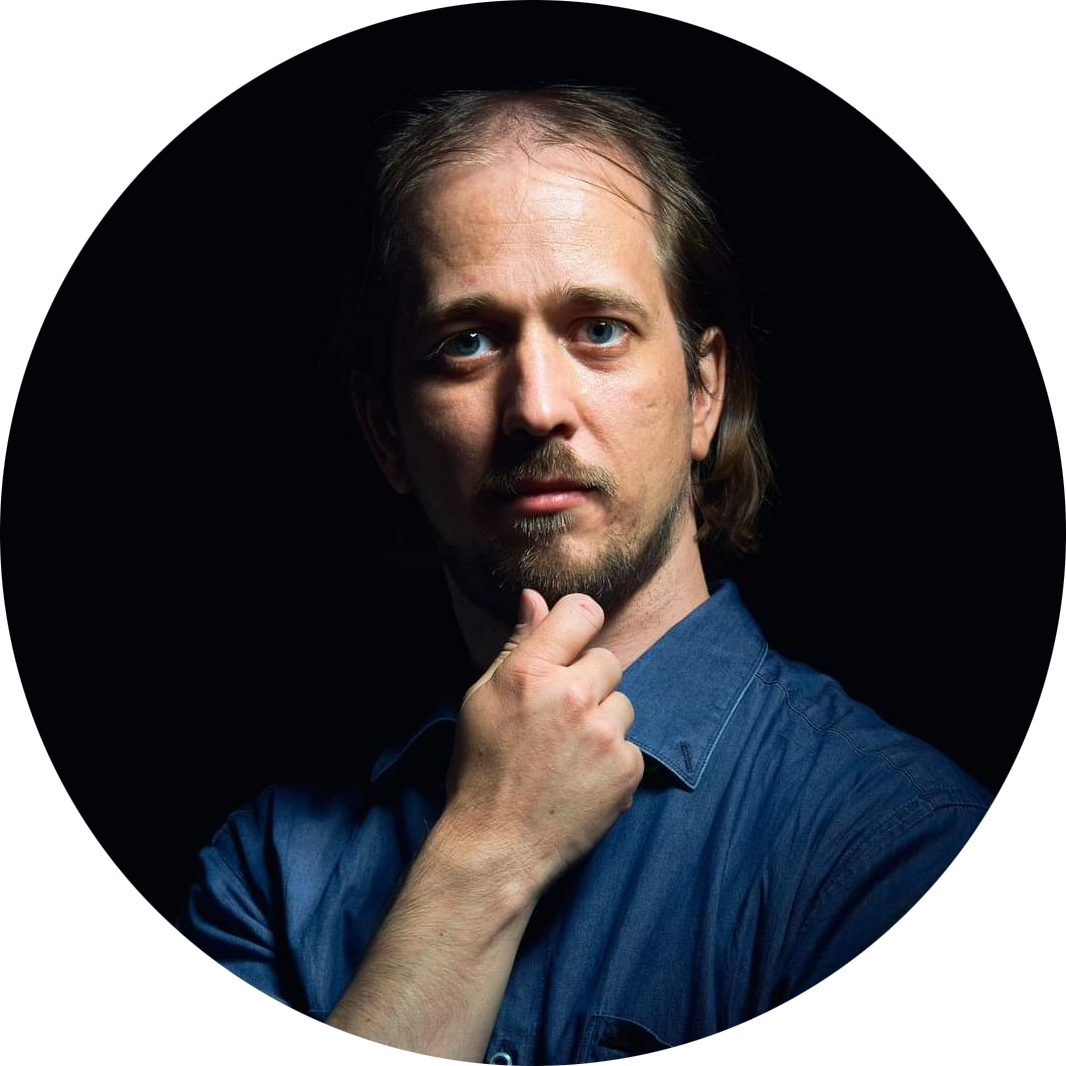
Zoltan Nadudvari
Zoltan Nadudvari has finished his studies at the Technical University of Budapest as an electrical engineer, and his major was electrical machines and drive system. He has started to work for Rolls-Royce Electrical (former Siemens eAircraft) in 2016. At his department they are working on electrical drive trains for electric and hybrid electric aircrafts. His role is the electromagnetic design of motors and generators.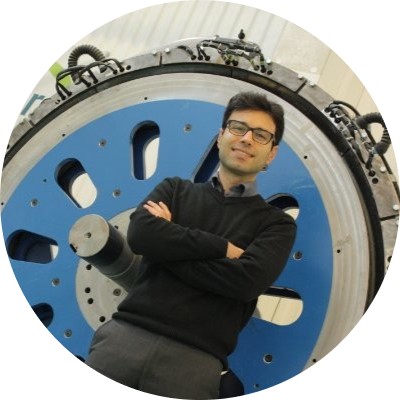
Shafigh Nategh
Shafigh Nategh (Senior Member, IEEE) was born in 1984. He received the B.Sc. and M.Sc. degrees in electric power engineering from Shahid Chamran University, Ahvaz, Iran, in 2006 and 2008, respectively, and the Ph.D. degree in electric power engineering from the KTH Royal Institute of Technology, Stockholm, Sweden, in 2013. He was first-ranked in both the B.Sc. and M.Sc. degrees. In 2009, he was with the Department of Electrical Energy Conversion, KTH Royal Institute of Technology. He was a Visiting Scholar with the University of Illinois at Urbana-Champaign, Urbana, IL, USA, from 2012 to 2013. From 2013 to 2015, he was a Lead Designer of PM machines for marine segment with Rolls-Royce Group, Trondheim, Norway. He continued his career as a Senior Designer of traction motors and Global Product Engineer for railway applications with Bombardier Transportation, Västerås, Sweden, from 2015 to 2018. From 2017 to 2018, he was a Guest Researcher with KTH Royal Institute of Technology, Stockholm, Sweden. He worked as an R&D Senior Engineer at E-mobility Department, ABB AB, Vasteras, Sweden, 2018-2020. He is currently a Principal Engineer at Electric Driveline Department, Volvo Cars, Göteborg, Sweden, as well as Adjunct Associate Professor at Chalmers University of Technology. He serves also as Secretary of Electrical Machines Technical Committee, IES-IEEE. His research interests include different aspects of electromagnetic, thermal, and insulation design of traction motors in marine, aerospace, railway, and e-mobility applications.
Vilmos Paiss
Vilmos Paiss has a master Degree of mechanical engineering from Technical University of Budapest, where he specialized in applied mechanics and mechatronics. He has more than 15 years experiences in automotive industry in structure analysis, kinematic and dynamic simulation methods applied for combustion engines and designing of NVH related mechanical elements in the vehicle. His research activity focused on non-linear numerical analysis regarding continuum mechanics with FEM and non-commercial developed meshless algorithms. He started his career at Bosch in 2014, where he turned his focus to electrical machine related topics, particularly electromagnetic layout designing and FE analysis.
Guillermo Regidor
Guillermo Regidor was born in Spain and live in Valencia. He has studied electronic and automatic engineering and has a master's degree in mechatronics engineering. During his studies he was a member of the Hyperloop UPV team that competed in the SpaceX Hyperloop Pod Competition in Los Angeles. In 2020 he joined Zeleros as Power Electronics and Magnetics Engineer and he is in charge of the design and validation of the electromagnetic components of the Hyperloop vehicle and infrastructure.
Ahmed Shoeb
Ahmed Shoeb received his master degree specializing in Finite element method simulations. Currently, he is working as Electromagnetic simulation engineer at Powersys SARL since April 2019. Responsible for the supervision and the support of customer projects using JMAG software developed by JSOL corporation in Japan. In addition, he is in charge of customer trainings, webinars and the conduction of simulation studies.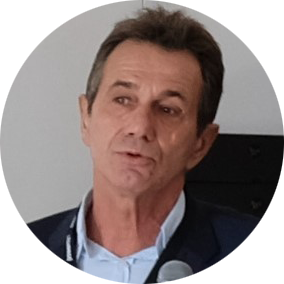
Alexander Stepuk
Alex Stepuk, PhD in physics, joined EVR Motors in 2018 where he worked on various multiphysics platforms. From 2020 he is mainly focused on electromagnetic and thermal simulations of PMSM with variable topologies. In previous years he was involved in various projects applying multiphysics simulation for Kharkov Technical University (Ukraine) Jaguar and Land Rover (UK) and Wins AS (Norway).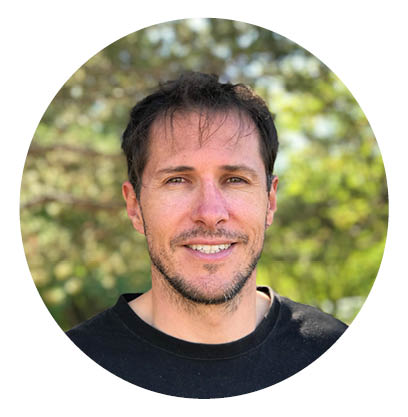
Yves Thiolere
Yves Thioliere is a reconizable as an Expert of JMAG software with more than 10 years experience in electric machine design using the FE method with JMAG. He has given numerous training courses and is also daily supporting JMAG users in electric machine design and other areas. Latest Co-publication: A Comparison Between Random and Hairpin Winding in E-mobility Applications; IECON conference 2020.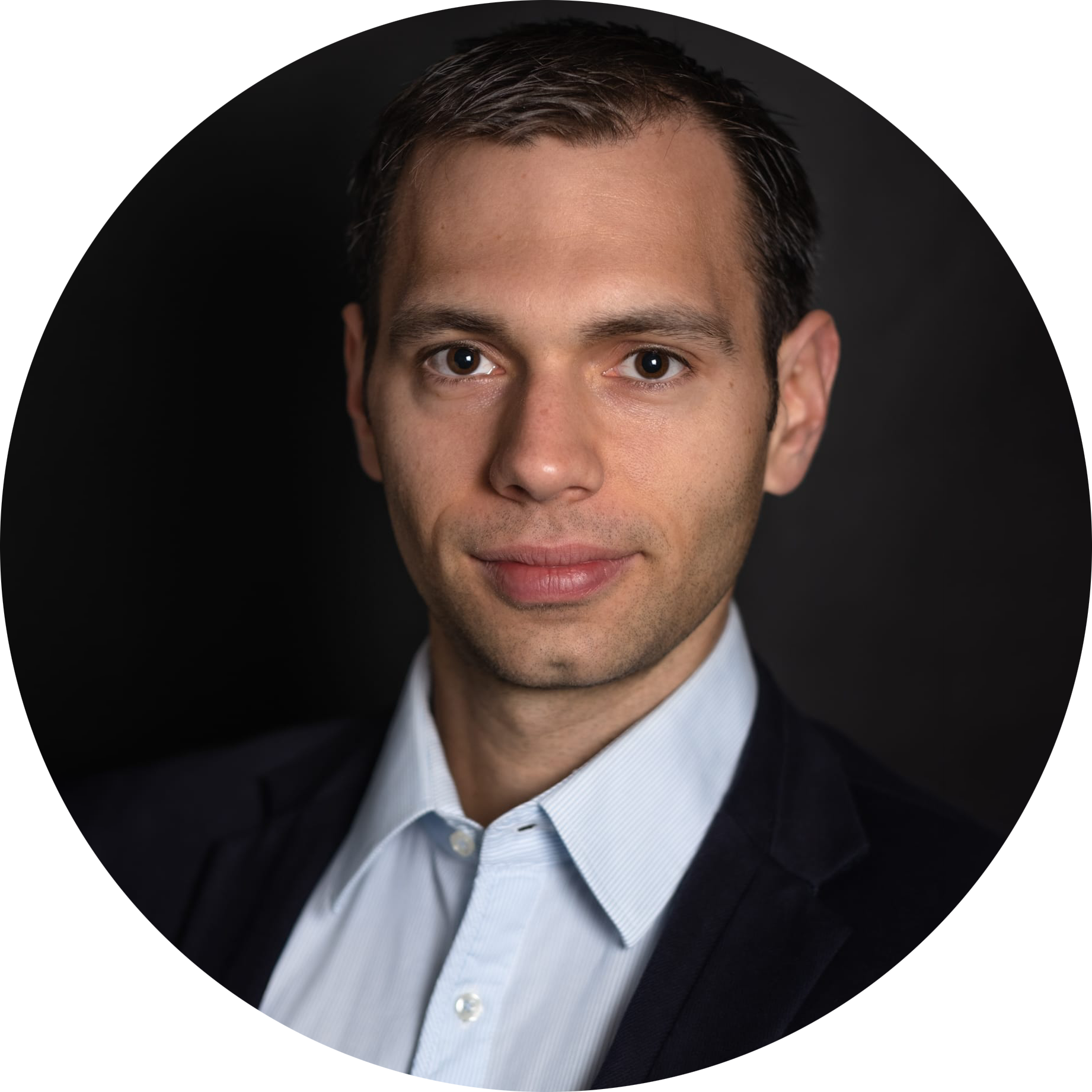
Joel Wenger
Joel Wenger, 30 years of age, is currently working for Drivetek AG as a Simulation and E-Motor Engineer. His background is in automotive engineering, and he got his master’s degree in engineering from Bern UAS under the supervision of Prof. Dr. Andrea Vezzini. As a part-time employee in Dr. Vezzini’s laboratory, he started using JMAG Designer around 2017 and has used the tool ever since. For his thesis “Development and Optimization of a Highly Compact, Dynamic Linear Drive”, he extensively used JMAG Designer and its optimization features to design and optimize a linear actuator for a very specific medical appliance. In 2019, he started his position at Drivetek AG, with a main focus on electrical machine design for high-performance applications. During this period, he implemented a lot of changes to the design process, moving from manual optimization to fully automated, “in-the-loop” machine and inverter co-optimization. His programming skills, particularly in Python, come in very handy when setting up this rather complex design process, consisting of JMAG Designer working in conjunction with a lot of specialized scripting tools. In 2021, he started a part-time master’s program in the field of data science, with a focus on machine learning and AI. This allows him to further push the optimization process and allows him to develop even more advanced machine and system optimization tools in the near future.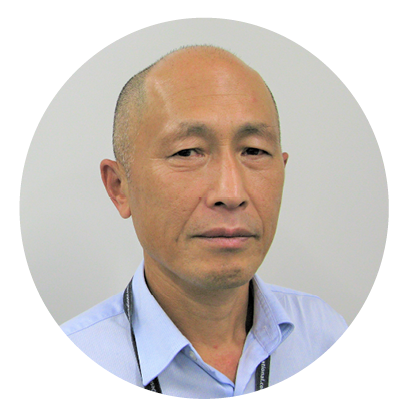
Takashi Yamada
Takashi Yamada, PhD, the CTO of JMAG division at JSOL Corporation, has been head of JMAG project since he joined the company in 1987. He started his professional career as a developer of FEM code and has been involved in numerous product development projects in industries. He is now in the role of product design of JMAG as well as the international business operation. Besides the company business, he has been working for society of IEEJ (Institution of Electrical Engineering of Japan) and serving as a member of Investigation Committee on Electromagnetic Field Analysis for Rotating Machine.
Didier Zefack
Didier Zefack has more than 7 years of experiences as JMAG Simulation & Support Engineer at POWERSYS Solutions. He supported many companies and universities on different simulation projects. He received two Professional master’s degrees, first, in Computational Engineering for FEA simulations of phenomena governed by the fluid & solid mechanics. And secondly in Mechatronic for synergistic integration of mechanical engineering, electronics and intelligent computer control in design and manufacture of products and processes. In addition to JMAG, he works also on Multiphysics CFD tools to provide a complete solution for electric motor design and optimization.